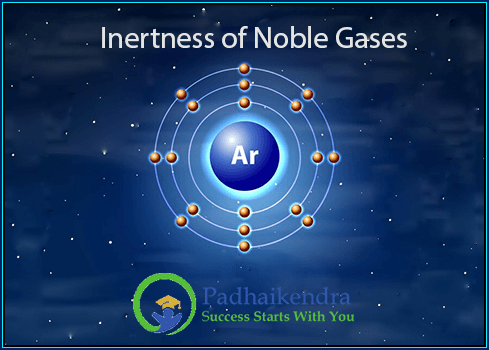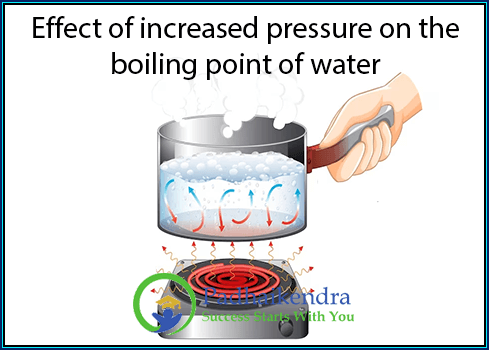NCERT Solutions for Class 9 Social Science History Chapter 4 Forest Society and Colonialism
The British administration believed that Indian farmers were causing harm to the forests through their agricultural practices. They aimed to assume control over forest cultivation and implement scientific forestry methods. Consequently, they introduced various laws to restrict the local population’s access to forest resources. However, the British themselves continued to exploit the forests for commercial …








